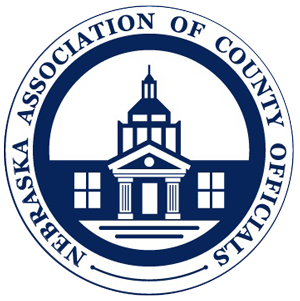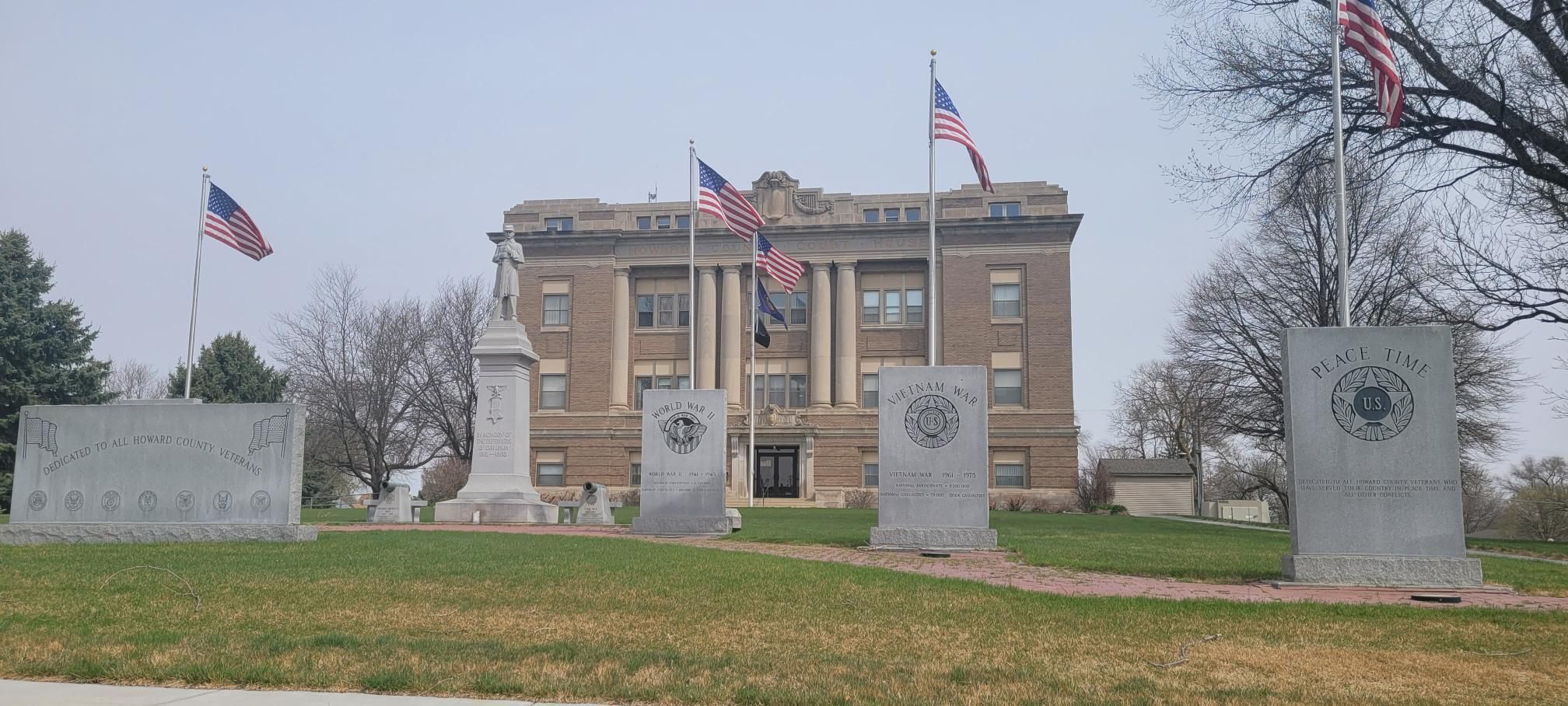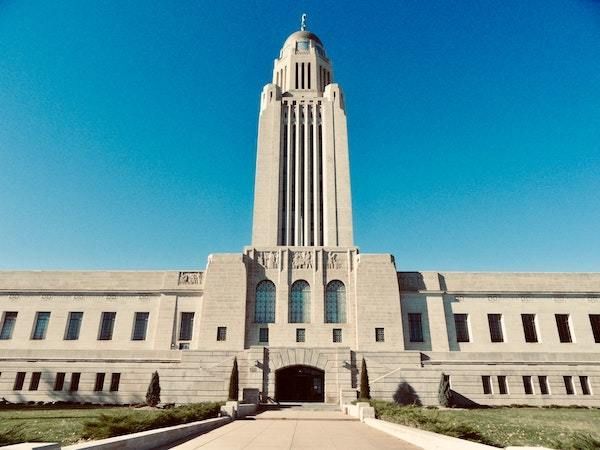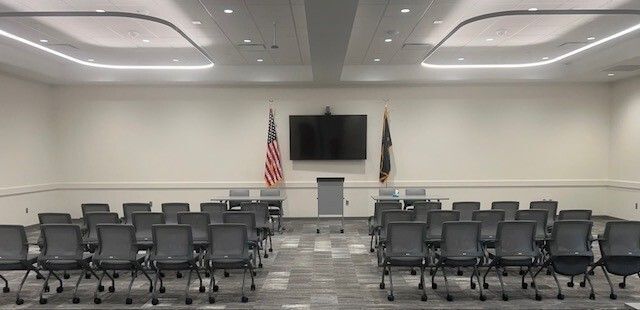Inheritance taxes remain one of the primary forms of non-property tax revenue for Nebraska’s counties, projected to generate more than $90 million annually in 2025.
Established in 1901 and redirected to counties by 1905, the tax has historically supported rural infrastructure, aid to indigent persons, elderly care, and general county needs. Since 1982, counties have had discretion to place these funds in general or designated accounts.
This legislative session, LB468, introduced by Senator Rob Clements, proposed lowering inheritance tax rates and increasing exemption thresholds, with an original projected fiscal impact of $34 million. A Select File amendment reduced the impact to $22 million through a combination of fee increases, revenue reallocations, and state appropriations. However, the bill stalled when a cloture motion fell short by two votes (31–11), ending debate for the year.
Despite its failure, LB468 prompted discussions by lawmakers about county reliance on inheritance tax revenues. Lawmakers acknowledged these funds are necessary for emergency needs, infrastructure investments, and providing mandated public services. Many cautioned against outright repealing the tax without a sustainable replacement, emphasizing the consequences for potential property tax increases or reduction in public services.
In addition, Senator Clements introduced LR254, an interim study to examine alternative revenue sources, such as motor vehicle taxes, registration fees, and other state-collected revenues.
However, opponents of LB468 expressed concerns about shifting from a progressive tax that affects relatively few to regressive tax that impacts all residents. Specific objections targeted proposed fee hikes on marriage licenses, vehicle inspections, and cuts to sales tax exemptions, as well as new taxes on renewable energy projects.
Another proposal, LR13CA, a constitutional amendment to ban inheritance taxes at both the state and county levels, remains on General File. While no immediate changes to inheritance tax policy are expected this year, discussions are far from over. With counties reliant on these funds for public services and infrastructure, any reform efforts will require a thoughtful approach to sustainable replacement revenue that balances adequate revenue sources for counties with lawmakers’ consideration of tax fairness.

















